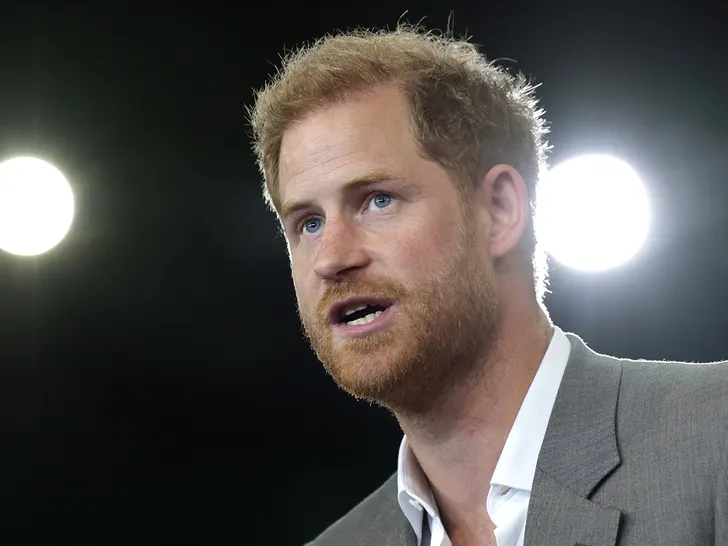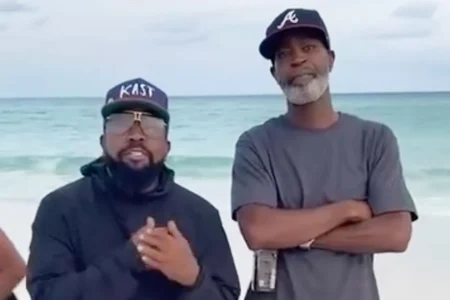In a ruling delivered this week, the court supported the original stance taken by the Royal and VIP Executive Committee (RAVEC), which determined that Harry and his immediate family would no longer receive publicly funded security on a blanket basis. Instead, any security provided would be evaluated on a case-by-case basis — something Harry’s legal team described as dangerously inconsistent.
“Not Unfair,” Says the Court
Despite Harry’s lawyers arguing that the Duke’s safety is at “increased risk” due to his royal background, media attention, and strained ties with the British press, the court dismissed the claim that he had been treated unfairly. The ruling emphasized that the committee followed appropriate procedures when reassessing his security status following his and Meghan Markle’s decision to step down as senior royals in 2020.
Security Struggles Since “Megxit”
The battle over Harry’s protection has been ongoing since “Megxit” — the couple’s exit from frontline royal duties — led to the Home Office revoking his automatic entitlement to taxpayer-funded police security. Adding salt to the wound, a previous legal bid by Harry to personally pay for elite police protection during UK visits was also denied in 2023.
Government’s Stance: “Missing the Bigger Picture”
Attorney James Eadie, representing the British government, criticized Harry’s team for what he described as “continued failure to see the wood for the trees” — arguing that the Duke and Duchess were ignoring the broader security protocols and precedents set for non-working members of the Royal Family.
Eadie underscored that the UK government must consider public interest and consistency when deciding who qualifies for special protection — and, in this case, Harry and Meghan, as private citizens, no longer fit the bill.
Royal but Not Entitled?
The Duke of Sussex briefly returned to the UK last month to support his appeal, reportedly spending just two days in the country. While his team has expressed concern that security arrangements made for him are “manifestly inferior”, the court appears unmoved.
Critics of Harry’s position argue that the Duke, now residing in California and living a high-profile life that includes Netflix deals and international speaking engagements, should simply hire private security, like other high-net-worth individuals.
And to be fair — with a multimillion-dollar media empire, a Montecito mansion, and celebrity connections in the U.S., Harry and Meghan are far from financially helpless.
The Bottom Line
With the Court of Appeal echoing the high court’s ruling from last year, the message is loud and clear: you can’t have royal privilege without royal responsibility.
Harry may still be a prince by birth, but in the eyes of the British legal system, he’s now just another high-profile visitor — and must navigate the UK like any other global celebrity without expecting public security coverage.
Unless future rulings shift the tide, the Duke and Duchess of Sussex will have to rely on private protection for any return trips to the UK — royal titles notwithstanding.








